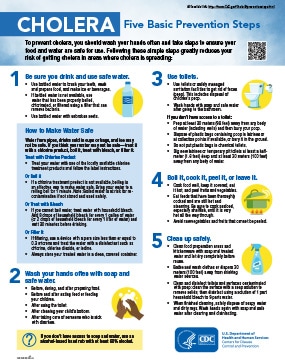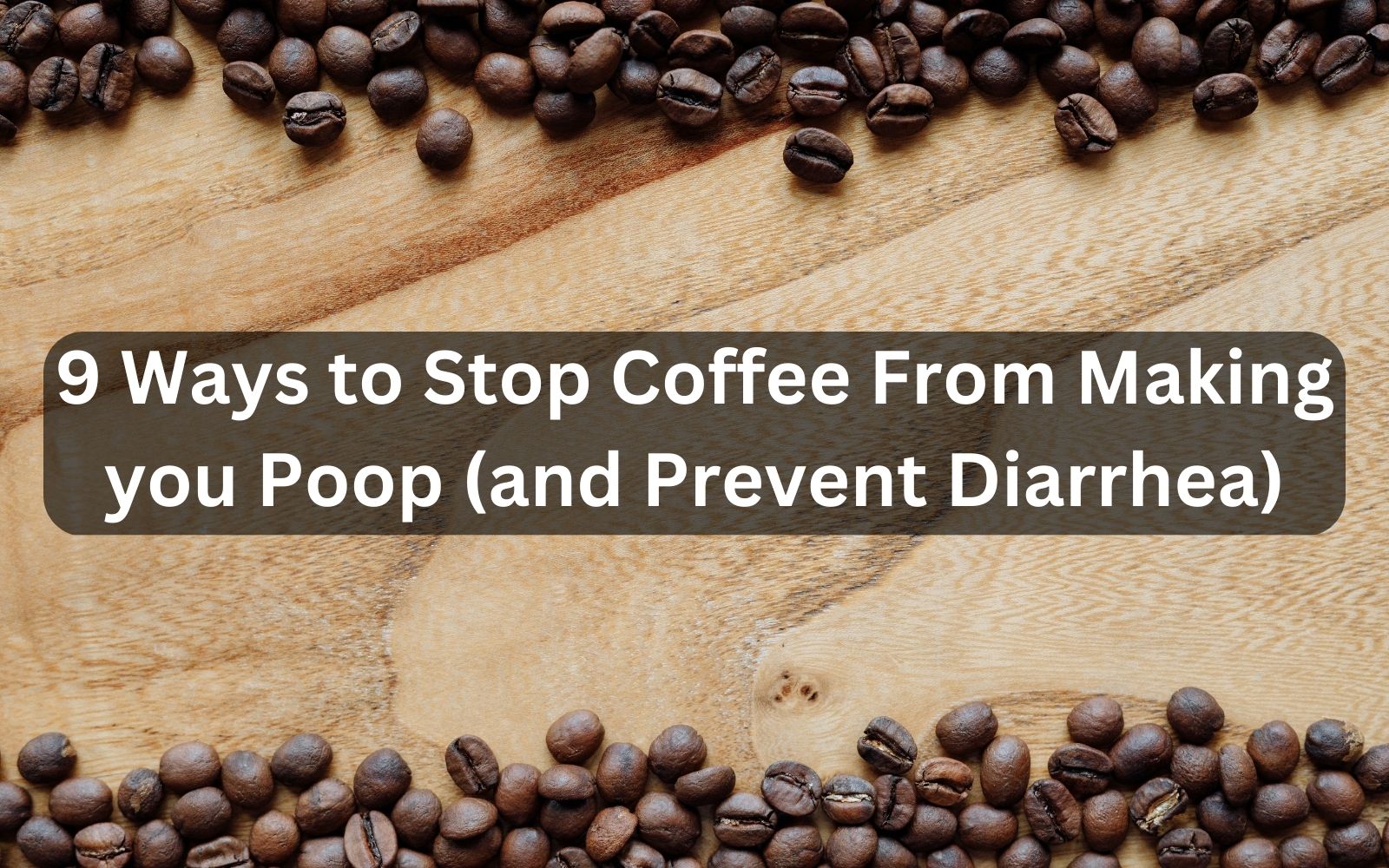To reduce coffee-induced bowel movements, choose a darker roast and limit your intake. Gradually increase your tolerance by drinking smaller amounts over time.
Coffee acts as a natural laxative for many, often sending people to the bathroom shortly after their morning cup. The warmth, caffeine, and acidity of coffee stimulate the digestive system, leading to the urge to defecate. For those who find this effect inconvenient or disruptive, managing coffee consumption can help.
Adjusting the type of coffee you drink, such as switching to a low-acidic or decaffeinated variety, might decrease its laxative effect. Acclimating your body by slowly increasing coffee consumption can also mitigate these urgent calls of nature. By implementing these strategies, you can enjoy your coffee ritual without the unwanted digestive response. Remember, staying well-hydrated and maintaining a balanced diet will further support digestive health and may counteract coffee’s swift transit effects.
The Coffee And Digestion Connection
Coffee speeds up digestion. This can lead to quick bathroom trips. Caffeine stimulates your digestive system. It makes muscles in your gut contract. These muscles push contents towards the exit.
Brewed beans can also cause stomach issues. They have compounds that make your stomach produce acid. Extra acid helps break down food. But, it can also push things along faster.

Assessing Your Coffee Consumption
To minimize the laxative effect of coffee, note your daily coffee intake. Write down how much coffee you drink each day. Keep a record for at least a week. This information helps identify patterns related to bathroom trips.
Everyone’s body reacts differently to caffeine. Some people might feel fine even after three cups. Others might feel upset after just one. To find your limit, start with a small amount. Slowly increase it until you notice the need to go to the bathroom. Then, cut back a bit. This method helps you understand your unique caffeine sensitivity. It guides how much coffee you can enjoy without discomfort.
Dietary Habits To Complement Your Coffee Routine
Consuming the right balance of fiber is key to reducing coffee-related digestive issues. High-fiber foods aid in digestion and can minimize the laxative effect of coffee. It’s important to match coffee intake with appropriate fiber-rich foods like fruits, vegetables, and whole grains. This helps maintain a healthy digestive system.
Adding probiotics and prebiotics to your diet also supports gut health. Foods rich in probiotics, like yogurt or kefir, and prebiotics, found in garlic and bananas, foster beneficial bacteria growth. This consequently reduces gastrointestinal discomfort that coffee might cause. Consider blending coffee with a spoonful of prebiotic fiber for an extra health boost and smoother digestive experience.
Choosing The Right Type Of Coffee
To reduce the laxative effect of coffee, choosing low acidic coffee beans is a smart move. Such beans are gentler on the stomach, causing less irritation to your digestive system. It’s not about giving up your beloved coffee, but rather finding a type that suits your body. Research suggests that dark roasts tend to be less acidic.
Moving on to decaffeinated coffee can be helpful. The decaffeination process eliminates caffeine to a great extent. Since caffeine is a major trigger for increased bowel movement, decaf varieties may significantly help. It’s essential to try different decaf options to find one that tastes great but minimizes the need to rush to the bathroom.
Behavioral Adjustments For Coffee Lovers
To reduce the laxative effect of coffee, consider its timing. Start by delaying your first cup until after you’ve eaten breakfast. Eating helps to absorb the coffee slowly and can ease digestion. Aim to space out your coffee intake throughout the day rather than drinking it all in one go. This method gives your body time to process the caffeine gradually.
Slow down your coffee consumption. Sip your coffee, don’t gulp. Enjoy each mouthful to give your body time to adjust. Opt for smaller servings like an espresso shot. Smaller doses of caffeine can have a less potent effect on your digestive system. Consider trying decaffeinated options as well. They can still satisfy your coffee craving without the same urgency to visit the bathroom.
Alternative Solutions And Supplements
Drinking coffee sometimes leads to unexpected bathroom trips. Natural digestive aids might help control this.
Start with probiotics. They balance your gut bacteria and may reduce digestive upset. Include fibrous foods, like fruits and vegetables, to improve digestion.
Consider peppermint oil capsules. They are known to soothe the stomach and aid in digestive comfort. Ginger is another powerful natural remedy, often reducing intestinal movement.
Exploring alternative drinks can also make a difference. Here’s a quick comparison:
| Coffee Substitute | Benefits |
|---|---|
| Herbal Tea | Gentle on the stomach, caffeine-free |
| Chicory Coffee | Prebiotic, boosts gut health |
| Golden Milk | Turmeric aids digestion, no caffeine |
Frequently Asked Questions Of How To Stop Coffee From Making You Poop
How Do You Stop Caffeine Poop?
To stop caffeine-induced bowel movements, reduce your caffeine intake gradually and opt for decaffeinated beverages. Stay hydrated with water and include fiber-rich foods in your diet to regulate digestion.
How Do You Stop Coffee From Giving Me Diarrhea?
To reduce coffee-induced diarrhea, opt for a low-acidity coffee, decrease your daily coffee intake, and avoid adding artificial sweeteners or dairy, as these can aggravate your digestive system. Stay well-hydrated with water to offset coffee’s diuretic effect.
Why Do I Have Diarrhea After Coffee In The Morning?
Coffee can trigger diarrhea due to its high caffeine content, which stimulates bowel movements. It also increases gastric acid, speeding up digestion and potentially irritating the gut.
Is Cutting Out Coffee Good For You?
Cutting out coffee can benefit health by reducing anxiety, improving sleep, and lowering the risk of certain conditions. However, moderation is key as coffee also offers health benefits like increased focus and antioxidants.
Conclusion
Wrapping up, tackling coffee-induced bathroom trips can be manageable. Start with gradual changes to your coffee routine or diet. Embrace alternatives to minimize discomfort and enhance your day. Remember, small steps can lead to significant benefits for your digestive health.
Keep experimenting to find what works best for you. Cheers to a more comfortable coffee experience!

